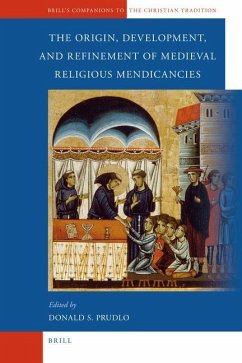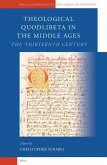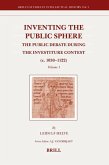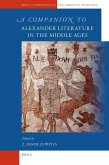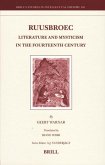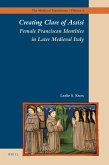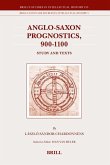Little work has been done on the idea of mendicancy as it developed among orders of friars during the thirteenth and fourteenth centuries. What has been done has either been order-specific (with an overemphasis on Franciscanism) or has focused on points of special conflict regarding the mendicant ideal (notably Burr s work on Franciscan poverty). There is little work on Dominican mendicancy since that order always emphasized its intellectual side, and even less on the minor mendicants (Servites, Augustinian Friars, Carmelites, Sack Friars, etc.) There has certainly been no effort to bring together a work on mendicancy as it was practiced in reality, or on the effect that events had in molding and changing the ideal, or on the ways in which mendicancy was appropriated by individuals and groups. That is the purpose and intention of this handbook which offers an up-to-date and comprehensive introduction to the phenomenon of mendicancy in the central and late middle ages, provides a contextualized guide that will introduce the student to the chief issues in modern scholarship regarding the mendicant orders, approaches the problems from a multitude of angles, unites in one volume the approaches of different disciplines such as social and intellectual history, literary analysis, and theology. The work is divided into three main sections, I) The origins and foundation of medieval mendicancy, II) The development and articulation of mendicant ideals, III)The reception and appropriation of mendicancy in the middle ages. The chapters serve as a solid point of departure for advanced students and scholars.

